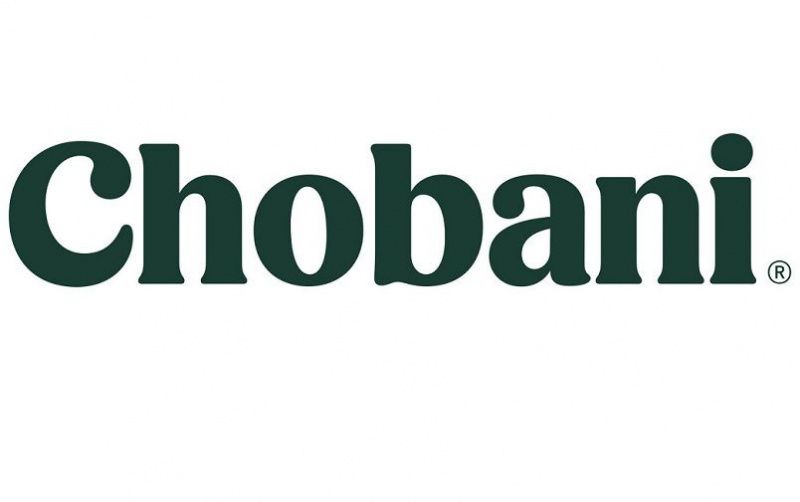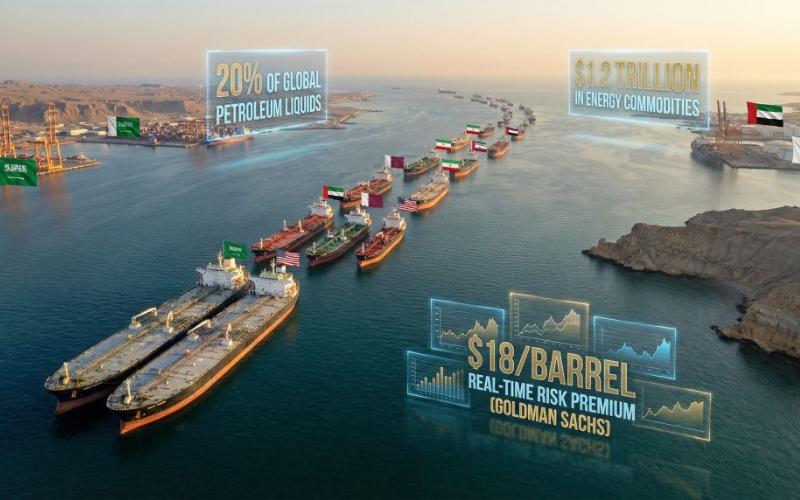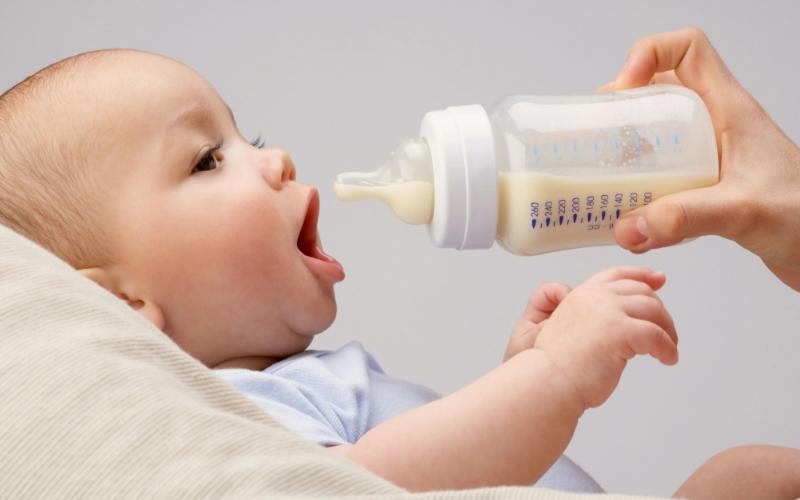Chobani Unveils 'Super Milk' for Disaster Relief and Food Insecurity
Chobani has introduced its first-ever shelf-stable low-fat dairy milk, dubbed 'Chobani Super Milk', designed exclusively for donation to communities affected by natural disasters or food insecurity.

This innovative product can last up to nine months without refrigeration, making it particularly useful in areas where refrigeration is compromised or unavailable.
The company plans to produce approximately 145,000 pounds of Chobani Super Milk monthly. This production will be in partnership with the American Red Cross, and distributed through local food banks and pantries in Central New York and Southern Idaho. Becca Dittrich, Chobani’s Vice President of Impact, highlighted the crucial need for such a product, noting that dairy is among the top five most requested items in assistance networks due to its high nutritional and protein content.
"Shelf-stable dairy opens up an entire realm of possibilities," Dittrich said. "We’ve created a product that will fill a need that is really hard to fill otherwise."
In a commitment to social impact over profit, Chobani has stated that Super Milk will exclusively be donated and will not be available for retail sale in stores. This decision aligns with Chobani's longstanding mission to leverage its business as a "force for good," a commitment underscored by the company's response to the deadly earthquake last year in Turkey, the home country of Chobani’s founder and CEO Hamdi Ulukaya.
Super Milk has been developed to be nutritionally superior to traditional milk, containing 50% more protein, 25% less sugar, and significantly more calcium. It also includes prebiotic fiber for digestive health and is fortified with vitamins A and D.
The creation of Super Milk required significant resource allocation from Chobani, including diverting efforts from revenue-generating products. The development involved scientists, marketers, and adjustments in production lines, such as temporarily shifting from oat milk to Super Milk production.
"This is a really unique endeavor," Dittrich explained. "It is seeking to be a proof point of what business can do when it uses its knowledge, its expertise, its logistics, its access to certain equipment and resources, its skills and uses those things to disrupt a problem, whether that is industry or whether that be in a social environment."
The company plans to produce approximately 145,000 pounds of Chobani Super Milk monthly. This production will be in partnership with the American Red Cross, and distributed through local food banks and pantries in Central New York and Southern Idaho. Becca Dittrich, Chobani’s Vice President of Impact, highlighted the crucial need for such a product, noting that dairy is among the top five most requested items in assistance networks due to its high nutritional and protein content.
"Shelf-stable dairy opens up an entire realm of possibilities," Dittrich said. "We’ve created a product that will fill a need that is really hard to fill otherwise."
In a commitment to social impact over profit, Chobani has stated that Super Milk will exclusively be donated and will not be available for retail sale in stores. This decision aligns with Chobani's longstanding mission to leverage its business as a "force for good," a commitment underscored by the company's response to the deadly earthquake last year in Turkey, the home country of Chobani’s founder and CEO Hamdi Ulukaya.
Super Milk has been developed to be nutritionally superior to traditional milk, containing 50% more protein, 25% less sugar, and significantly more calcium. It also includes prebiotic fiber for digestive health and is fortified with vitamins A and D.
The creation of Super Milk required significant resource allocation from Chobani, including diverting efforts from revenue-generating products. The development involved scientists, marketers, and adjustments in production lines, such as temporarily shifting from oat milk to Super Milk production.
"This is a really unique endeavor," Dittrich explained. "It is seeking to be a proof point of what business can do when it uses its knowledge, its expertise, its logistics, its access to certain equipment and resources, its skills and uses those things to disrupt a problem, whether that is industry or whether that be in a social environment."











